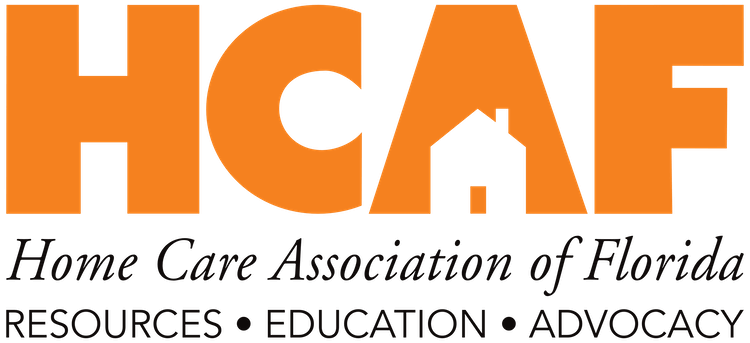Governor DeSantis Signs $117.4 Billion State Budget for 2025-26

Governor DeSantis Signs $117.4 Billion State Budget for 2025-26
On June 30, Governor Ron DeSantis signed Florida’s $117.4 billion budget for the 2025-2026 fiscal year into law, issuing $567 million in line-item vetoes. The final budget is approximately $10 million above his original recommendation and marks the second consecutive year of reduced state spending. The new budget takes effect from July 1, 2025, through June 30, 2026.
The budget maintains $15.7 billion in reserves and allocates an additional $429 million to Florida’s Budget Stabilization Fund, reaching its legal maximum. Governor DeSantis highlighted these moves as part of his administration’s commitment to fiscal responsibility, accelerated debt repayment, and safeguarding taxpayer dollars.
Key Investments in Health Care and Home-Based Services
Support for Seniors at Home
The budget increases funding by $10.5 million, bringing total funding to $126.5 million for the Community Care for the Elderly Program and the Home Care for the Elderly Program. These programs provide services such as adult day care, caregiver respite, home-delivered meals, and minor home modifications to help seniors remain safely in their homes.
Alzheimer’s Disease Initiative Funding
Funding for Florida’s Alzheimer’s Disease Initiative increased by $3 million, totaling $73.8 million to support caregivers and individuals living with Alzheimer’s and related memory disorders.
Nursing Workforce Expansion
To address ongoing nursing shortages, the budget includes $130 million to expand quality nursing education programs through the Prepping Institutions, Programs, Employers, and Learners through Incentives for Nursing Education (PIPELINE) program and the Linking Industry to Nursing Education (LINE) program. These investments will support the training of more licensed practical nurses and registered nurses to meet statewide demand, benefiting home health agencies experiencing persistent staffing challenges.
Behavioral Health and Opioid Response
More than $123.9 million was allocated for behavioral health services, with an additional $31.8 million to continue expanding the Coordinated Opioid Recovery (CORE) Network. The state will also distribute $194.8 million from the nationwide opioid settlement to support prevention and treatment programs.
Veterans’ Nursing and Dental Care
The budget invests an additional $20.8 million for state veterans’ nursing homes and continues $1 million for the Veterans Dental Care Grant Program, providing no-cost dental care to improve veterans’ overall health.
Tax Relief and Economic Investments
The budget provides $2 billion in tax relief, including the permanent repeal of the business rent tax and new or expanded sales tax holidays for back-to-school supplies, disaster preparedness items, outdoor recreation gear, and Second Amendment-related purchases. A data center sales tax exemption was also extended.
Additionally, the budget invests $15.1 billion in transportation infrastructure and provides funding to support workforce housing programs and rural infrastructure development.
Focus on Home Health
While this budget includes important investments in health care and workforce development, it did not provide any new Medicaid reimbursement rate increases for home health, personal care, or private duty nursing services.
Despite these omissions, HCAF’s advocacy continues. We remain steadfast in representing Florida’s home health provider community and will keep pushing for policies and funding that strengthen access to in-home care. We look forward to returning to the Capitol to advance these priorities when the legislature reconvenes for the 2026 session in January.
Stay tuned for our comprehensive post-session recap, which will outline what passed, what failed, and what it means for Florida home care providers.
